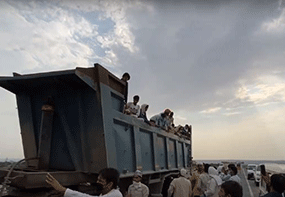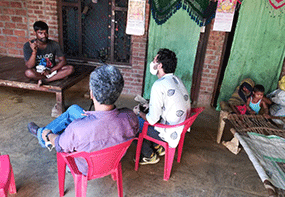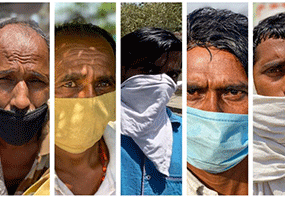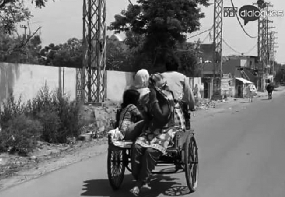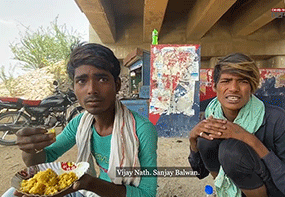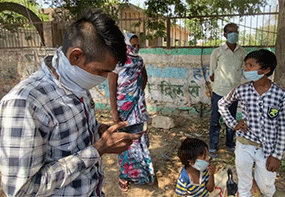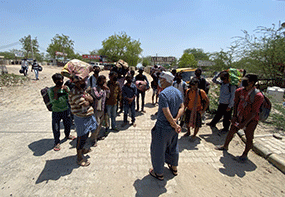Migrant-Connecting, Tracking, Serving
India is unique in culture, geographic pattern, community settlements, economic or natural resources. There is wide regional disparity in development within the country. As a result, people living in rural parts belonging to lower income group, move from their state of origin to another state, within the boundaries of India, either for social or economic reasons. In common term they are referred to as ‘Migrant labourers’. Migrant labourers are a formidable force in India’s economic life, especially the informal sector and MSMEs, constituting nearly 50% of India’s GDP. The total number of internal migrants in India, as per the 2011 census, is 45.36 crore or 37% of the country’s population. According to Aajeevika Bureau—among the biggest employers of migrant labourers are— construction sector (40 million), domestic work (20 million), textile (11 million), brick kiln work (10 million), transportation, mines & quarries and agriculture. Read More


